Study finds that increased vehicle travel and decreased occupancy have undercut the impact of improving fuel economy over last 40 years
Green Car Congress
MARCH 6, 2013
Sivak found that while the vehicle fuel economy of the entire light-duty fleet improved by 40% (from 13 mpg US to 21.6 l/100km), because of the decrease in vehicle load, the occupant fuel economy only improved by 17% (from 24.8 occupants carried) decreased by 27% (from 1.9 mpg US, or from 18.1 mpg US to 29.8










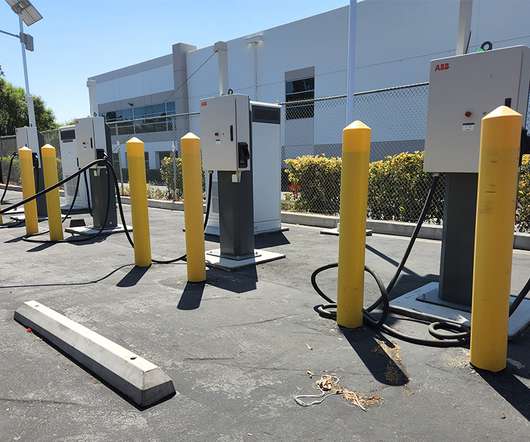


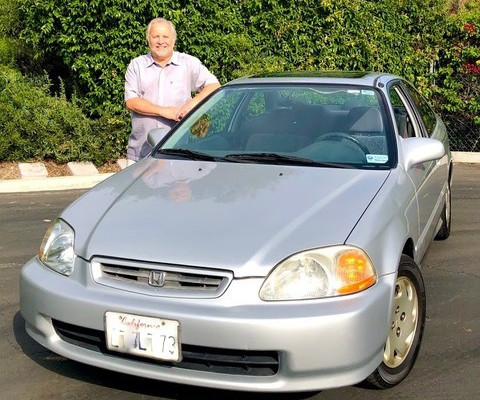




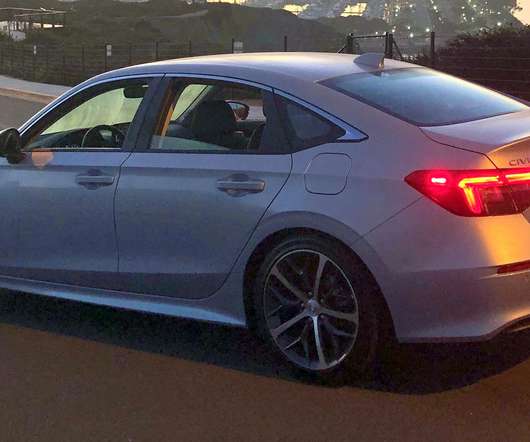

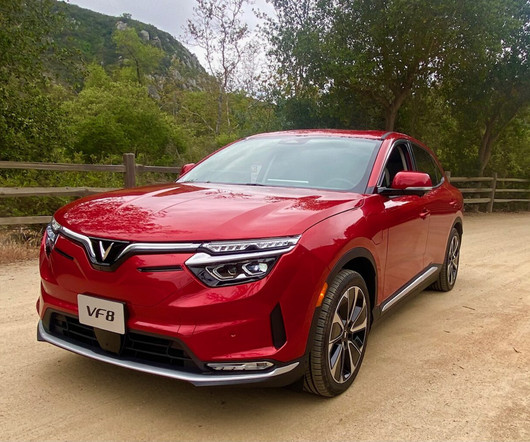
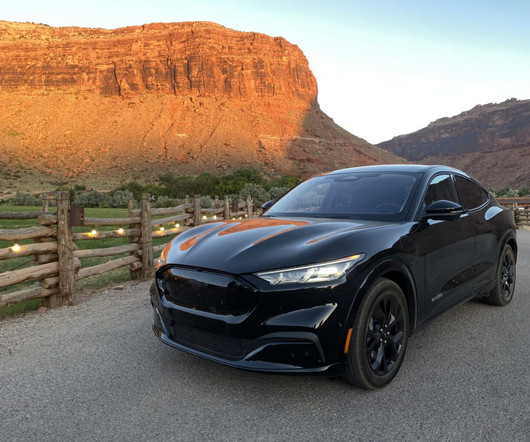
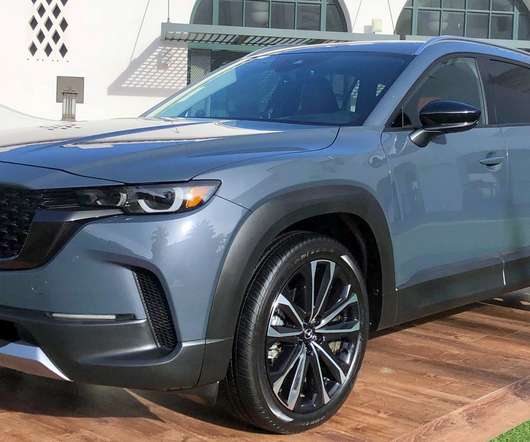
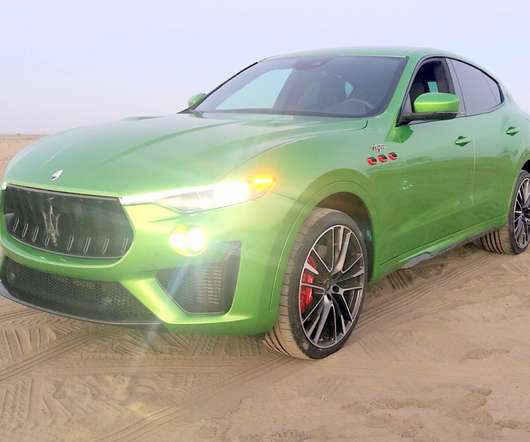

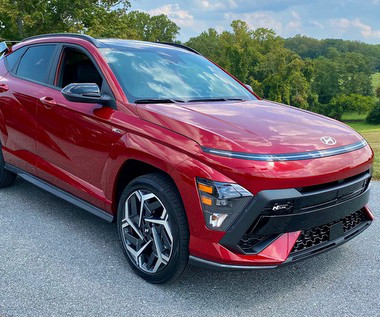

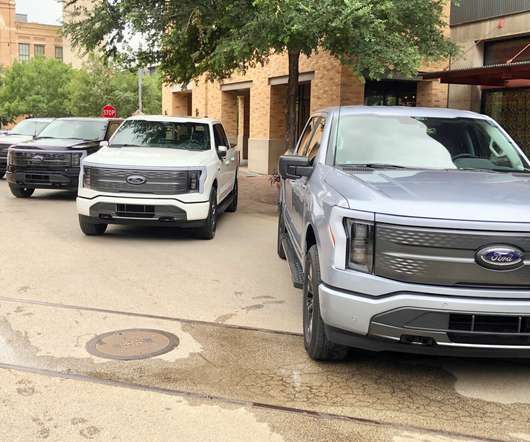

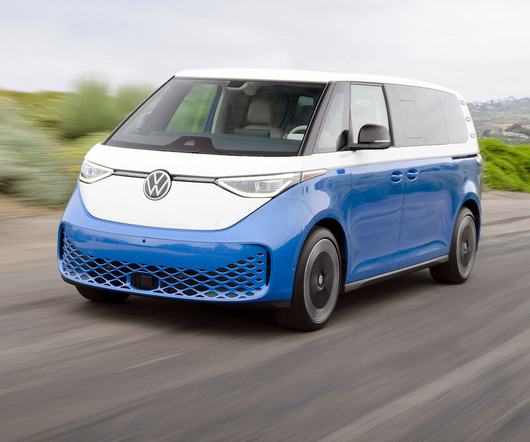








Let's personalize your content